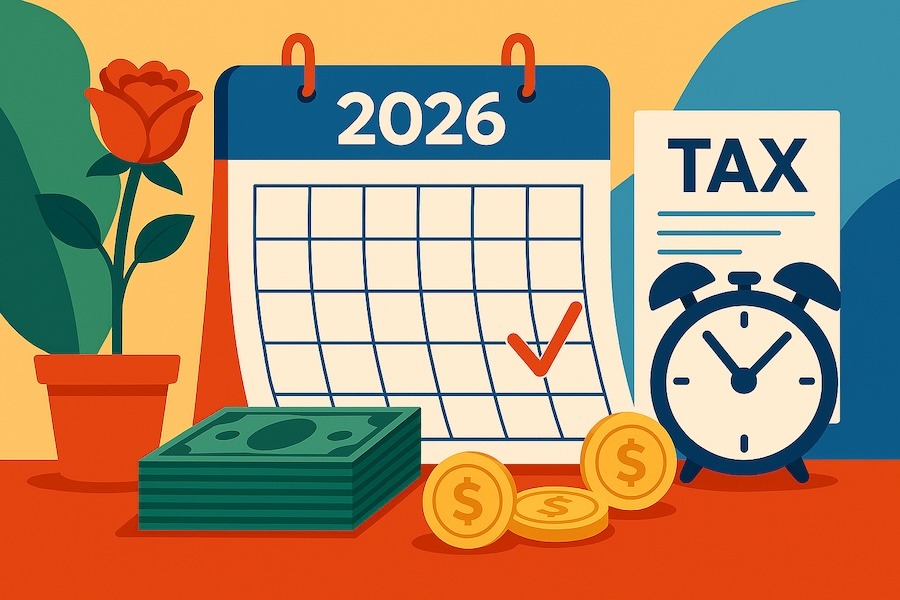A 20-Something’s Quick Guide to Super

Superannuation is saving for retirement. Retirement can always seem a long way off, especially for people in their 20s and 30s. But even if you think retirement might never happen, making the most of your super makes sense. After all, superannuation is compulsory for most workers. To ensure that you have the right settings for yours, no matter how far away retirement might seem, here’s five key things to get right when it comes to your super.
1. Make Sure Your Employer is Actually Making Your Payments!
The first thing to make sure of when it comes to super is to confirm that your employer (each employer, if you have more than one) is actually contributing the required 11% of your earnings to your superannuation account. This minimum will increase in 2024. This employer contribution, known as the “superannuation guarantee,” is a crucial part of your overall earnings and should not be overlooked. There is an estimated 5% gap between what employers should pay and what they actually pay, leading to potential losses for employees. Regularly check your super account balance and annual statements to ensure you’re receiving the correct contributions.
If you are not, talk to us immediately and we can help you take steps to fix things.
2. Consolidate Super Accounts
For most people, especially when they are younger, having more than one superannuation account can result in unnecessary fees and confusion. Consolidating multiple accounts into one is often the best way to streamline administration and reduce costs. The less fees you pay, the more super you end up with. It’s a simple equation.
Once again, if you think you might have one or more too many super accounts, talk to us about choosing which one to keep and which ones to consolidate.
3. Use the Power of Compounding
The fact that your retirement is a long way away is actually a superpower for you. This is because of the impact of compound interest in building your superannuation savings. Even if retirement seems distant, contributions made in your 20s and 30s usually have significantly greater impacts than those made in your 50s due to the compounding effect. And should something bad happen before retirement, such as an unexpected disability, then your earlier contributions may just ease the burden.
4. Choose the Right Investment Option
Super funds typically offer you a range of investment options, ranging from low-risk (and low potential return) to high risk (and higher potential return). There is never ‘one size that fits’ everybody. But as a general principle the younger you are, the more you should consider the higher-growth investment options. Your long-term horizon gives you a simple way to manage the potential risk of the higher-growth investment, and the power of compounding can work to make a large difference to your wealth overall.
5. Don’t Ever Forget your Superannuation
Superannuation is automatic for working people. This means we can become so used to superannuation that we forget that not everyone has access to it. People unable to work extensively rely more on public safety nets, like the Age Pension. These are OK, but life is a lot easier if you also have your own retirement savings. That is why it is important to take super seriously. At least once a year, we recommend sitting down with us for a financial health check that includes making sure your super is doing as well as it can for you.



